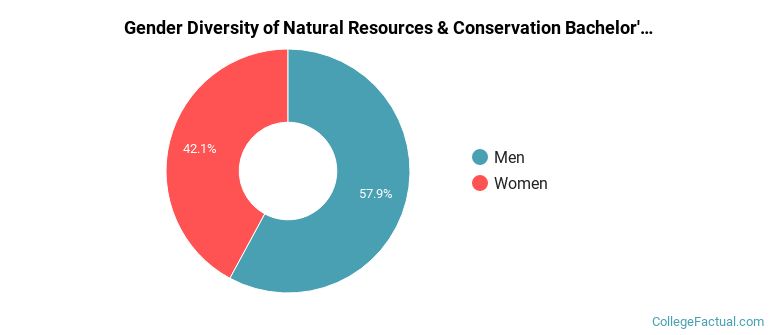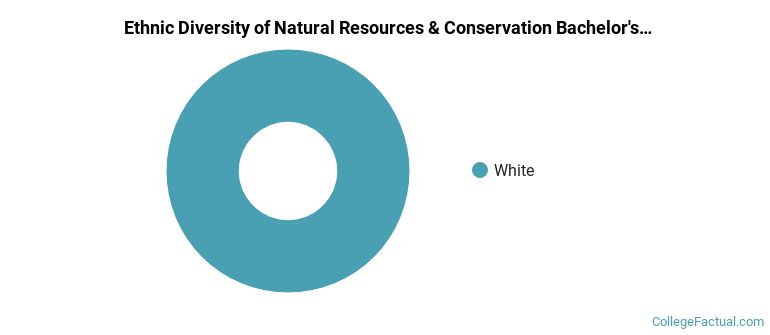 by our College Data Analytics Team
by our College Data Analytics TeamJump to any of the following sections:
The bachelor's program at Plymouth State was ranked #206 on College Factual's Best Schools for natural resources & conservation list. It is also ranked #4 in New Hampshire.
| Ranking Type | Rank |
|---|---|
| Best Natural Resources & Conservation Bachelor’s Degree Schools | 199 |
| Best Natural Resources & Conservation Schools | 206 |
During the 2021-2022 academic year, Plymouth State University handed out 19 bachelor's degrees in natural resources & conservation. This is an increase of 58% over the previous year when 12 degrees were handed out.
In 2022, 6 students received their master’s degree in natural resources & conservation from Plymouth State. This makes it the #155 most popular school for natural resources & conservation master’s degree candidates in the country.
Out-of-state part-time undergraduates at Plymouth State paid an average of $948 per credit hour in 2022-2023. The average for in-state students was $495 per credit hour. The following table shows the average full-time tuition and fees for undergraduates.
| In State | Out of State | |
|---|---|---|
| Tuition | $11,870 | $22,810 |
| Fees | $2,688 | $2,688 |
| Books and Supplies | $1,410 | $1,410 |
| On Campus Room and Board | $12,104 | $12,104 |
| On Campus Other Expenses | $2,782 | $2,782 |
Learn more about Plymouth State tuition and fees.
Of the 19 natural resources & conservation students who graduated with a bachelor's degree in 2021-2022 from Plymouth State, about 58% were men and 42% were women.

The majority of bachelor's degree recipients in this major at Plymouth State are white. In the most recent graduating class for which data is available, 100% of students fell into this category.
The following table and chart show the ethnic background for students who recently graduated from Plymouth State University with a bachelor's in natural resources & conservation.

| Ethnic Background | Number of Students |
|---|---|
| Asian | 0 |
| Black or African American | 0 |
| Hispanic or Latino | 0 |
| White | 19 |
| Non-Resident Aliens | 0 |
| Other Races | 0 |
Plymouth State does not offer an online option for its natural resources & conservation bachelor’s degree program at this time. To see if the school offers distance learning options in other areas, visit the Plymouth State Online Learning page.
Take a look at the following statistics related to the make-up of the natural resources & conservation majors at Plymouth State University.
Natural Resources & Conservation students may decide to major in one of the following focus areas. Individual majors may not be available for all degree levels.
| Major | Annual Graduates |
|---|---|
| Natural Resources Conservation | 19 |
| Related Major | Annual Graduates |
|---|---|
| Biological & Biomedical Sciences | 41 |
| Physical Sciences | 14 |
| Architecture & Related Services | 4 |
| Mathematics & Statistics | 3 |
More about our data sources and methodologies.